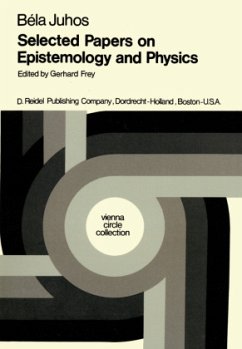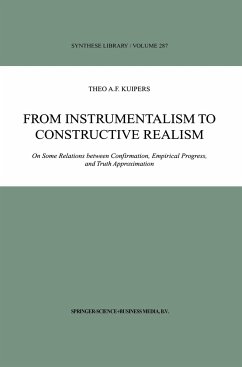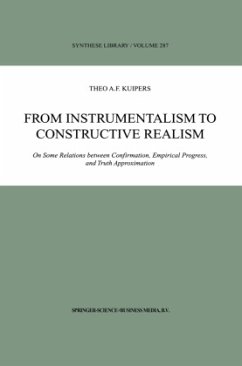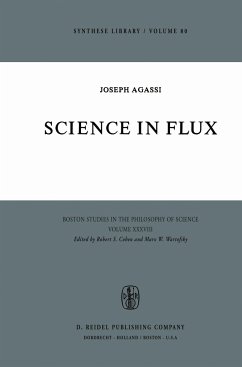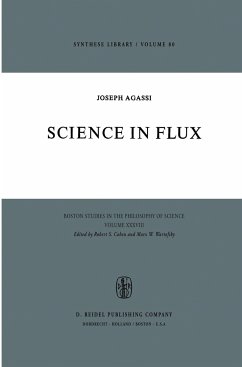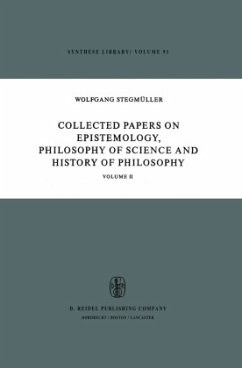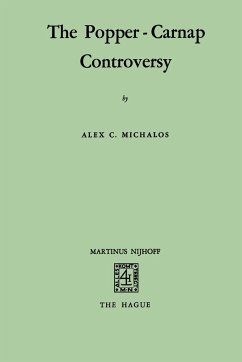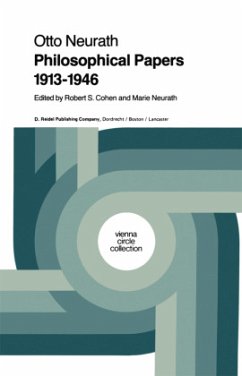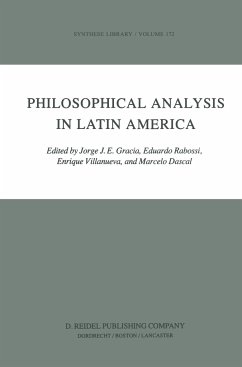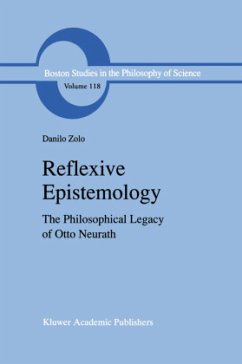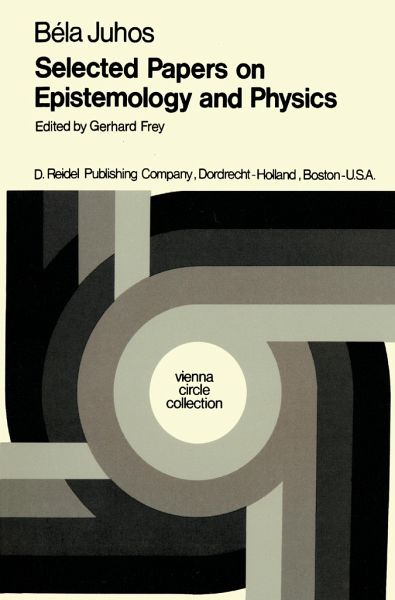
Selected Papers on Epistemology and Physics
Versandkostenfrei!
Versandfertig in 6-10 Tagen
151,99 €
inkl. MwSt.
Weitere Ausgaben:

PAYBACK Punkte
76 °P sammeln!
It was as a result of having known Juhos personally over many years that I became familiar with his thought. I met him and Viktor Kraft in Vienna soon after the War and through their acquaintance I first came into contact with the tradition of the Vienna Circle. To their conversation .too lowe much as regards the clarification of my own views, even if in the end these took quite a different turn in many essentials. At this point my gratitude goes first of all to Mrs. Lia J uhos for the gen erous help she has given me and the editors of the Vienna Circle collection in selecting the contents of ...
It was as a result of having known Juhos personally over many years that I became familiar with his thought. I met him and Viktor Kraft in Vienna soon after the War and through their acquaintance I first came into contact with the tradition of the Vienna Circle. To their conversation .too lowe much as regards the clarification of my own views, even if in the end these took quite a different turn in many essentials. At this point my gratitude goes first of all to Mrs. Lia J uhos for the gen erous help she has given me and the editors of the Vienna Circle collection in selecting the contents of this volume. Next, we owe a special debt to Dr. Paul Foulkes for his splendid translation of the text. Finally, I wish to thank Dr. Veit Pittioni for his constant assistance. As Juhos' last student, he was thoro).lghly familiar with his supervisor's mode of thought and has significantly furthered the assembly and execution of this book.





